
From Confusion to Clarity: Avoid Greenwashing and Turn Sustainable Travel Intentions into Action
Reports after reports show that travelers increasingly want sustainable travel options. Yet they are confused by the information they see on social media, causing them not to take the actions they should.
Kantar's 2022 Sustainability Sector Index reveals a striking contradiction in the Asia Pacific region. Despite 98% of consumers expressing readiness for a more sustainable lifestyle, only 17% actively change their behavior to align with it.
Additionally, a significant 58% struggle to differentiate between environmentally friendly products and those that are not.
The report highlights this intention-action gap arises from lack of information, transparency, and concerns about higher costs.
In our view, travel marketers and hoteliers have a powerful opportunity: not only align their business goals with responsible operation but also promote their business authentically.
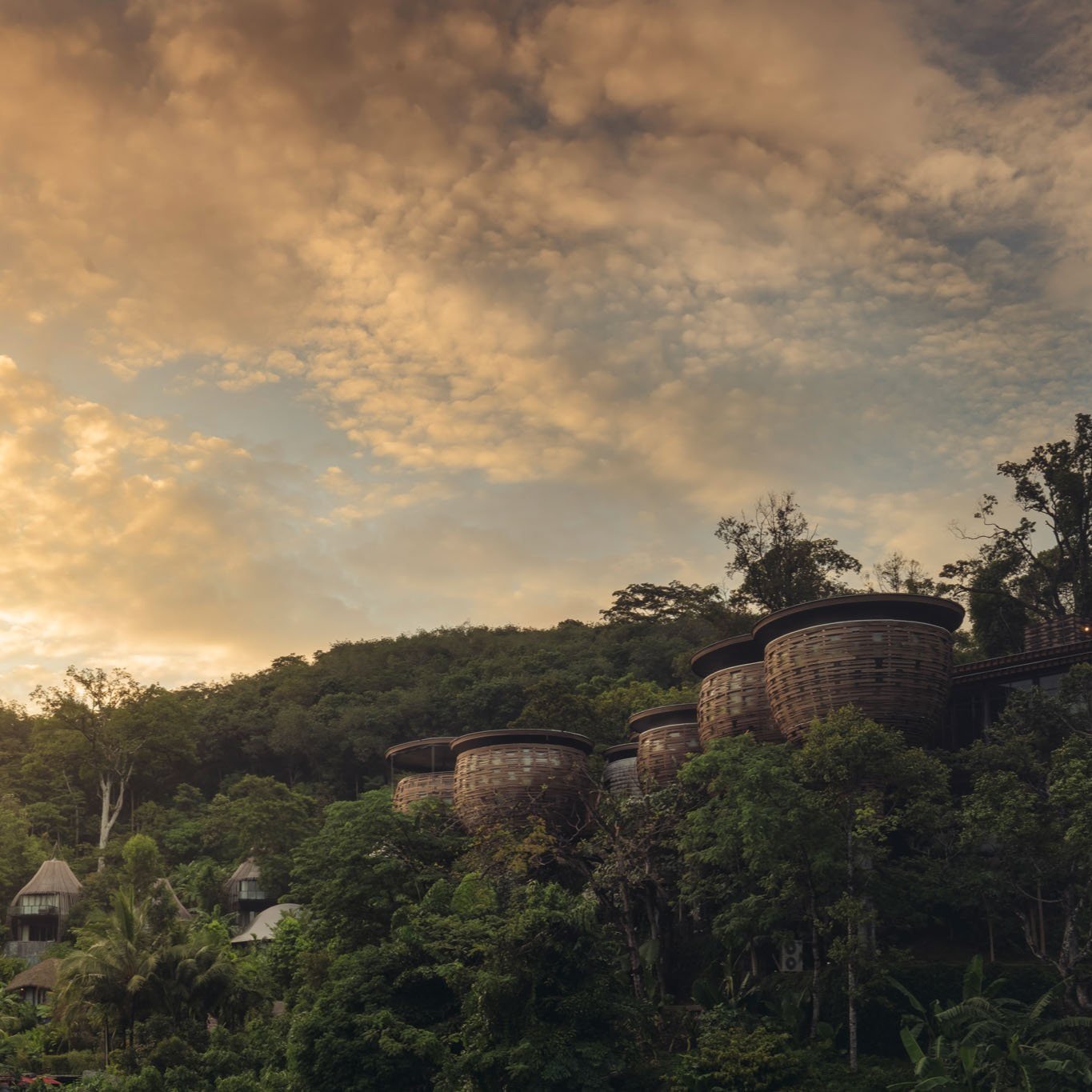
Should Hotels Collaborate with OTAs or Move Away from Them?
With the rise of Online Travel Agencies (OTAs), hotels are enjoying increased bookings and exposure. However, high commission fees and limited control over pricing present significant challenges.
OTAs offer benefits such as increased visibility and advanced marketing tools. However, the costs can be steep, impacting profit margins. Additionally, the increase in mass tourism can dilute brand uniqueness and strain local environments.
But here's the million-dollar question—should hotels continue to partner with OTAs, or should they focus on direct bookings and sustainable practices?
This article dives deep into strategies that align with sustainability while maximizing revenue potential.
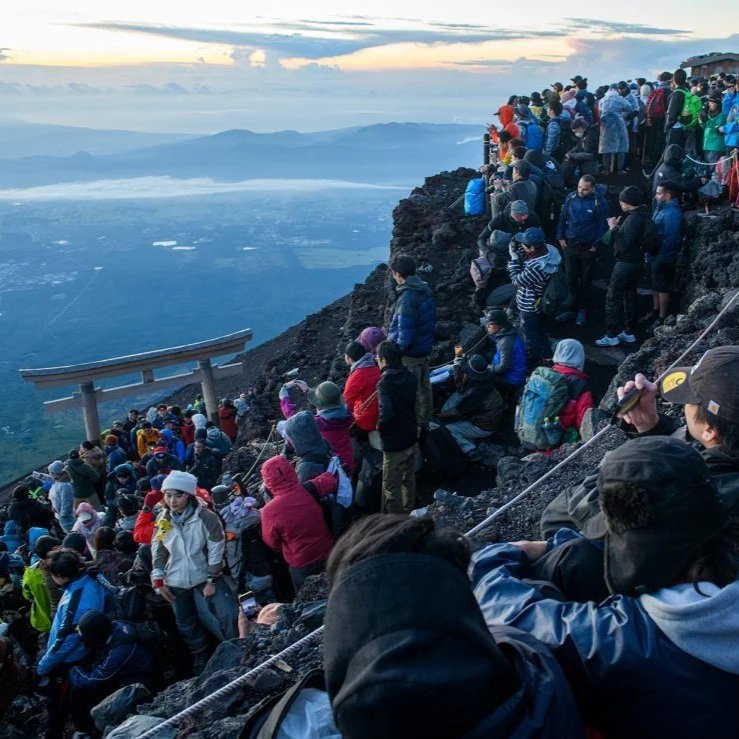
From Awe to Overload: How Asia’s Popular Destinations Are Handling Overtourism
Asian countries, reopening for tourism later than Europe post-COVID-19, have seen overtourism in popular destinations like Bali, Phuket, and key tourist hotspots in Japan.
However, experts advise defining overtourism beyond physical carrying capacity, which means a maximum number of visitors a site can accommodate without significant deterioration, to include environmental and social carrying capacities, considering the long-term ecological damage and community tolerance levels.

Slow and Steady Wins The Climate Race in Travel
When you visit NORTH, a creative studio and a collective in Naggar, Himachal Pradesh, India, you get to live in its Dhajji cabin, an experience one can never imagine having while living in the city.
The space is designed in a way that it demands a traveler and not a tourist, which means that to immerse oneself in such stories in the best possible way, one must travel slowly and mindfully, immersing themselves in culture and stories at every step.
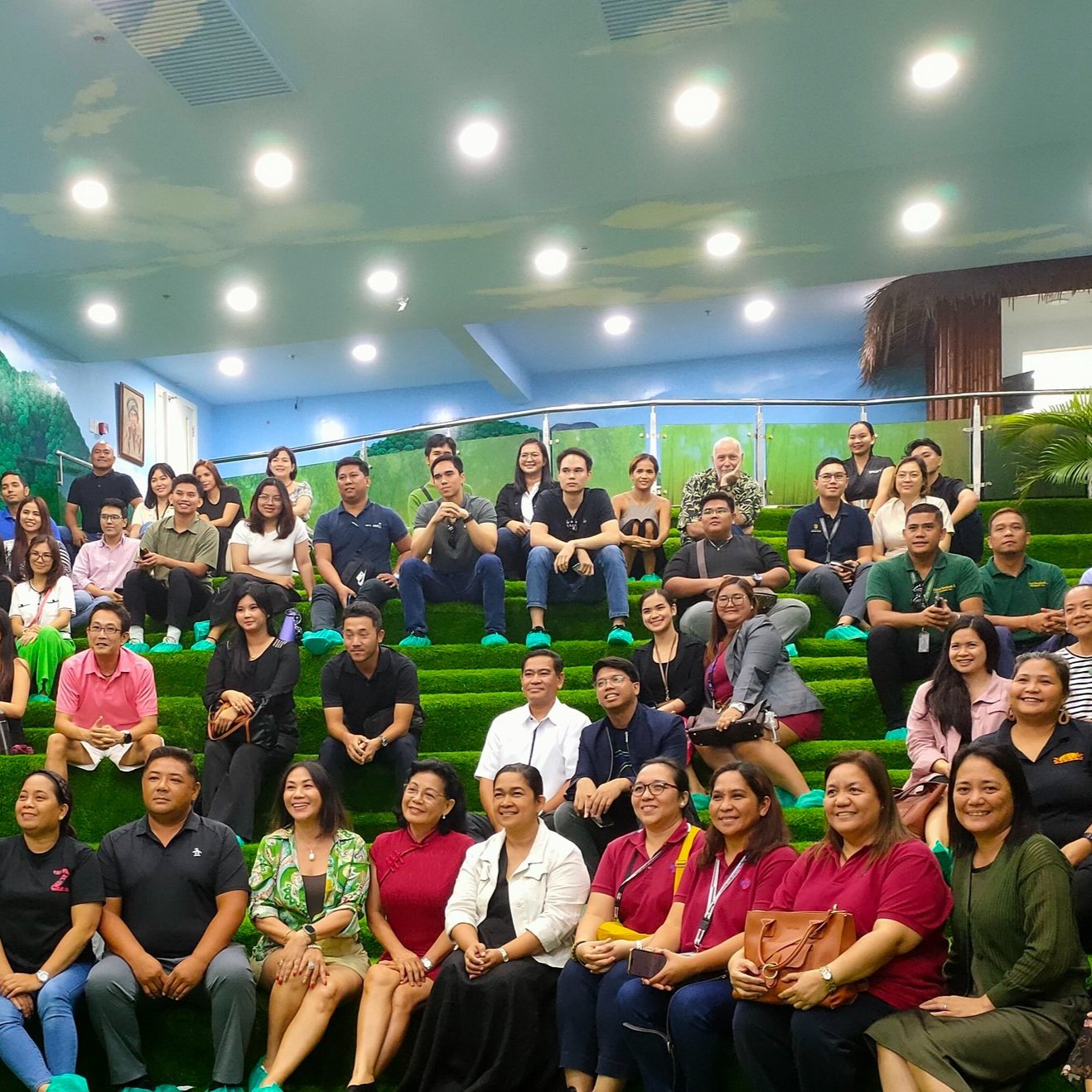
Future-proofing the Hospitality Industry with Sustainability as a Revenue Strategy
The recent Asia Sustainable Travel (AST) Forum in Subic Bay, Philippines, served as a platform for discussing sustainability and its profound impact on both the environment and business profitability. Co-hosted by the Hospitality Alliance of Subic Bay Freeport Zone, the forum brought together industry leaders to explore how sustainability can drive profitability and long-term success.
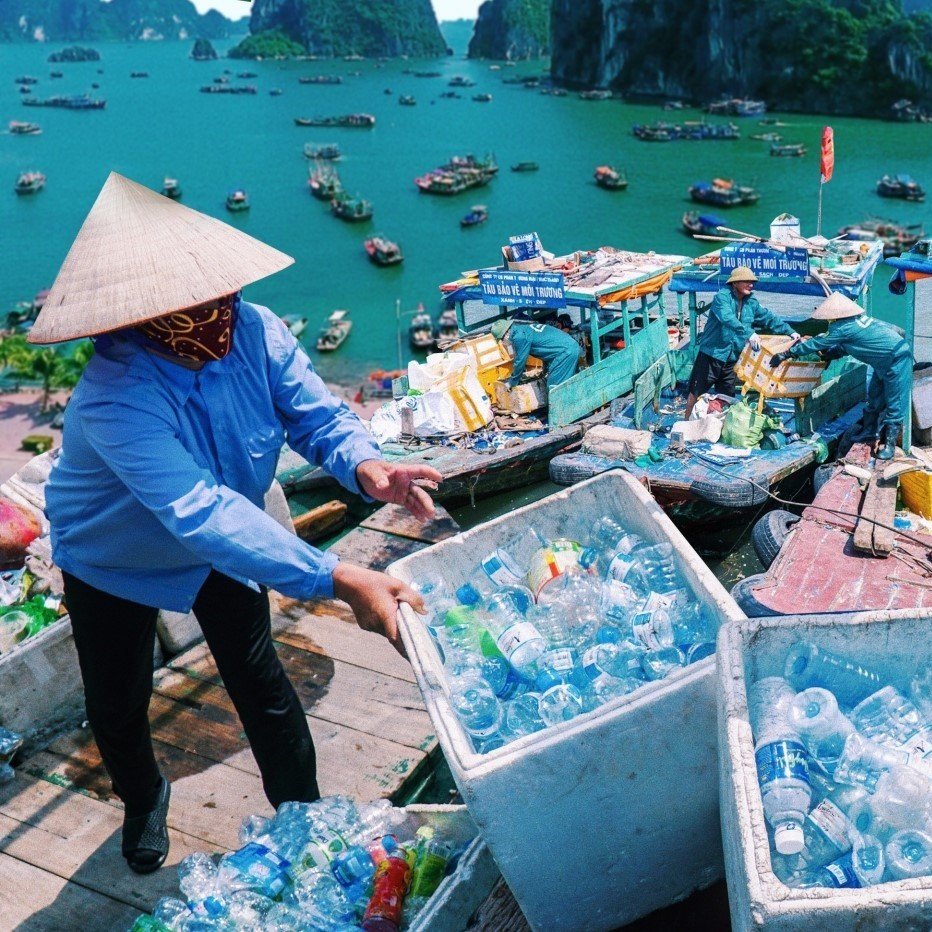
Solution to Plastic Pollution: Make Plastics Obsolete
Is it 1,000 tons of plastic in the Great Pacific Garbage Patch or 2,000 tons? Does it matter anymore at this point? Plastics and microplastics permeate every aspect of all life on earth.
Some may ask: what’s the harm of plastics anyway? Are we living with them already?
This issue is not just about unsightly litter; it's a major contributor to the broader climate and health crises that we all face.
For an industry that depends on the beauty and health of our planet, the travel sector has a special responsibility and opportunity to take the lead in tackling this problem.
Travel and hospitality companies play a vital role as guardians of our planet's landscapes and ecosystems. Taking decisive action to reduce plastic dependency is essential for preserving the beauty and health of our planet.
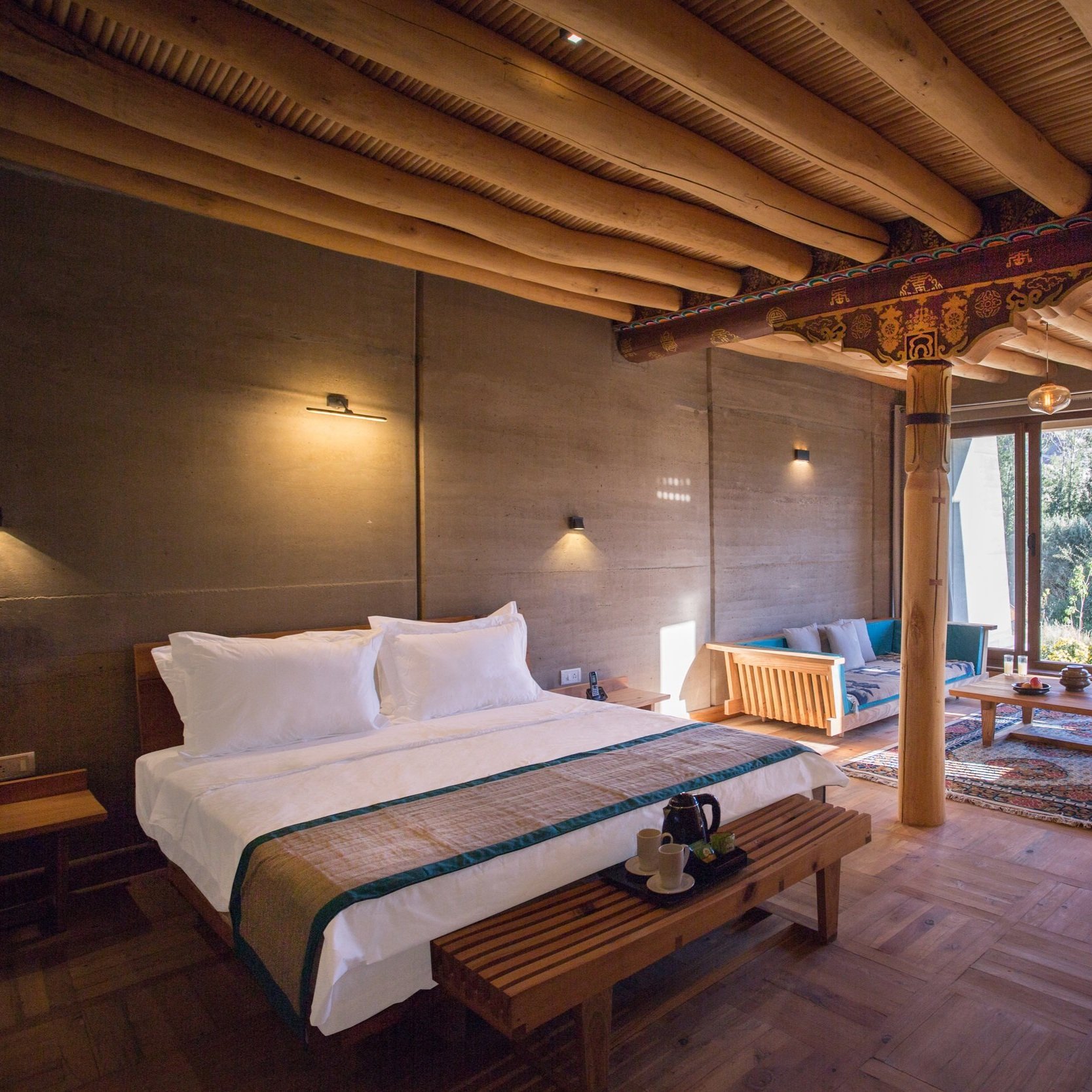
Indigenous Design Leading The Way in Sustainable Innovation
One innovator leading the way in sustainable innovation at 3500m above sea level is Norboo Wangchuk, Managing Director and owner of Ladakh Eco Resort in the Himalayan region of India.
Nestled in the heart of a 100-year-old village, Spurka, Ladakh Eco Resort is a sustainable luxury resort surrounded by one of the world's highest motorable roads, Khardung-La Pass on one side and the mighty Stok Kangri on the other. Spread across 2 acres and surrounded by the vibrant colors of hollyhocks, wild lilies, and liliums, the resort has only 14 cabins, each looking raw and spectacular under the clear blue sky.
But what gives these cabins such rugged beauty?

Can Family Vacations Teach Children to Save Our Oceans?
Our oceans, covering over 70% of the planet's surface and housing 80% of Earth's biodiversity, are in crisis due to human activities like overfishing, offshore drilling, pollution, and carbon emissions, threatening marine life and coral reefs.
Alarming statistics from UNESCO indicate that more than half of the world's marine species could face extinction by 2100, underscoring the urgent need for conservation efforts.
Family vacations offer a unique opportunity to instill marine conservation values in children. Resorts such as Six Senses Laamu’s Junior Marine Biology Program, Soneva’s comprehensive courses for young ocean enthusiasts, AYANA Komodo Waecicu Beach’s coral conservation initiatives, and Hyatt Regency Phuket's marine conservation workshops engage and empower young minds to become future ocean stewards.

Love Wins in Thailand. Ripple Effects on APAC Travel Industry?
Thailand’s parliament has overwhelmingly approved a bill legalizing same-sex marriage, making it the first Southeast Asian nation to do so. This historic decision allows same-sex couples to marry, adopt children, and inherit property, marking a significant step toward social inclusion and equality.
The global LGBTQ+ tourism market is projected to reach US$568.5 billion by 2030. The UN Tourism Organization's 2017 report highlights that marriage equality legislation signals acceptance of ethnic and sexual minorities, enhancing a destination's brand image and attracting more LGBTQ+ visitors.
Thailand’s travel industry, already a key economic sector, stands to benefit from this influx of LGBTQ+ tourists.

Five Proven Ways to Elevate Family Travel Experiences through Immersive Cultural Tourism
This article discusses how some hotels in Asia are enhancing family travel experiences through sustainable cultural tourism. It explores the increasing demand for meaningful, culture-rich journeys and highlights how some properties integrate and effectively blend local traditions, arts and crafts, and immersive experiences for their guests.
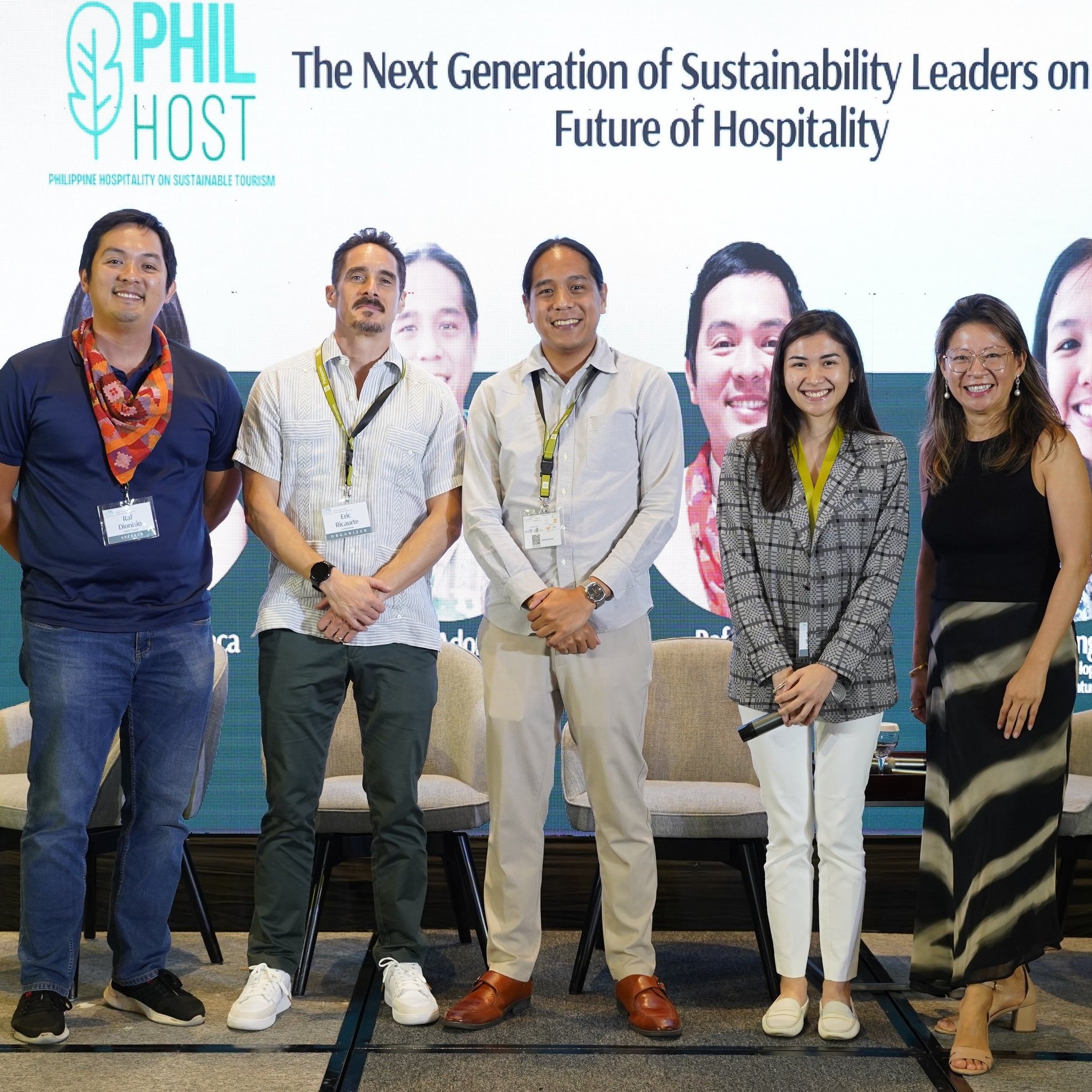
The Future of Hospitality: Lessons from Asia’s Next-Gen Sustainability Leaders
One of the notable topics at the "Philippine Hospitality on Sustainable Tourism" conference held on May 24, 2024 was "The Next Generation of Sustainability Leaders on the Future of Hospitality." This panel provided a platform for industry innovators to share their forward-thinking strategies, setting a powerful vision for what the tourism sector can aim to accomplish.
Esteemed speakers such as Raf Dionisio, Co-founder of MAD (Make A Difference) Travel; Samantha Manigsaca, AVP for Hospitality and Director of AppleOne Properties, Inc.; and Architect Mar Adonis Uy, Project Director of Oceanica Resort Panglao (formerly South Palms Resort Panglao), presented compelling insights into community-based tourism, waste management, and agro-tourism—a form of tourism that involves agriculturally based activities.
This article captures the key takeaways from the panel, showcasing how these trailblazers are shaping a more sustainable future for the hospitality industry.
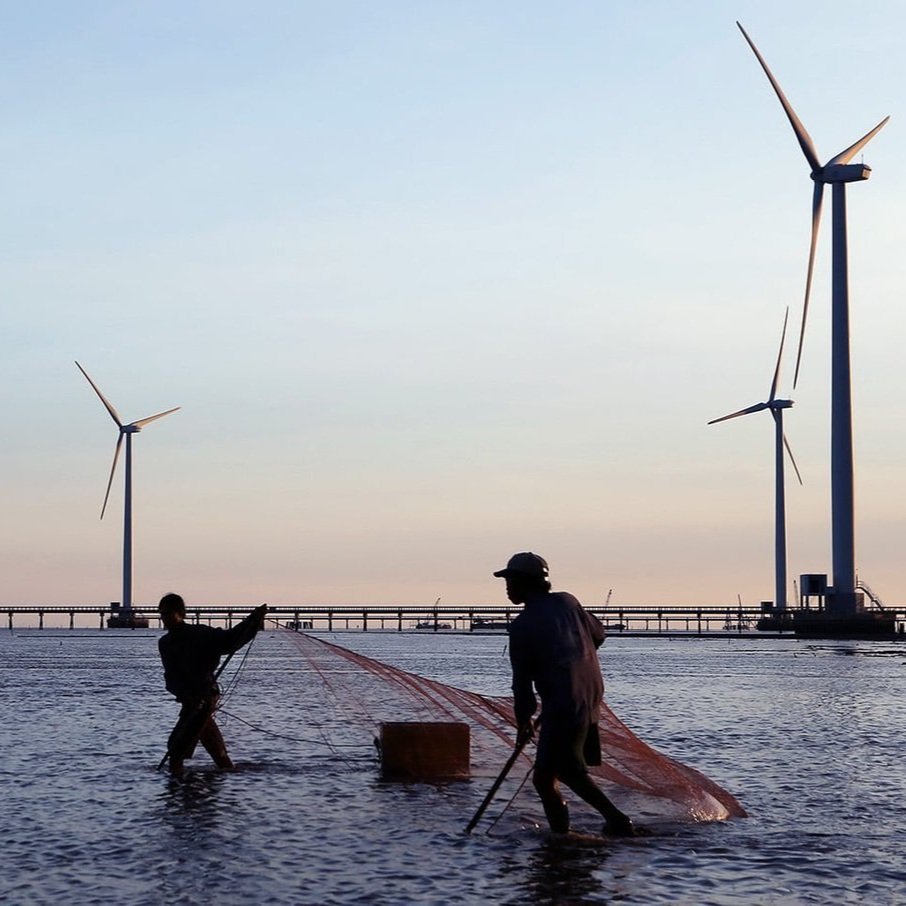
The Travel Industry's Carbon Conundrum: 5 Uncomfortable Facts
Behind the glamor of international flights and luxury accommodations lies a pressing concern: greenhouse gas (GHG) emissions.
The travel industry faces an inconvenient truth: its environmental impact must be addressed.
We acknowledge that GHG emissions and GHG-related topics are a set of complex issues. I hope that by sharing our observations and learnings with you as openly and honestly as we can, we'll be able to accelerate the industry's transition to the new climate economy.
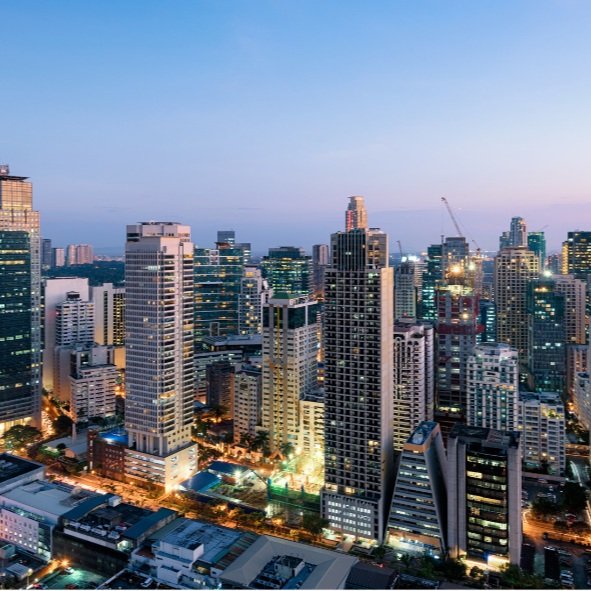
Sustainability in Motion: 11 Key Insights from AST Forum in Manila
The recent Asia Sustainable Travel (AST) Forum in Manila exuded responsibility and eagerness as industry leaders and enthusiasts gathered to share insights, experiences, and visions for a greener travel future.
During his welcome message, Den Navarro, Savoy Hotel Manila’s General Manager, highlighted the significance of discussing sustainability in travel. Cleo Albiso, Managing Director of Megaworld Hotels and Resorts (MHR), shared innovative ideas driving MHR towards greener operations. Susan Santos de Cardenas from Green Destinations discussed the future of hospitality, focusing on People, Planet, and Profit.
Here are the key takeaways from the AST Forum - Manila.
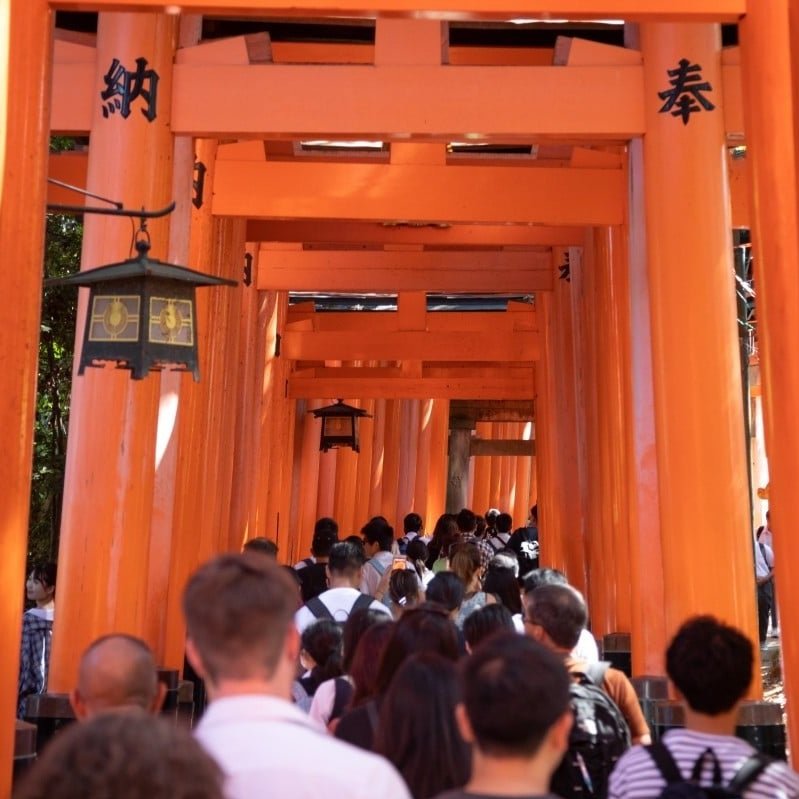
A Closer Look: A Travel Boom or Overtourism in Japan?
Japan's recent surge in tourism has captured global attention, with travelers ranging from celebrities like Oprah and Beyoncé to my Millennial and Gen-Z Asian colleagues flocking to its shores.
Yet, alongside the economic benefits, this influx has brought about challenges that demand careful consideration.
A report from NHK shows that skyrocketing land prices in major cities such as Tokyo, Kyoto, and Osaka reflect the growing demand for luxury accommodations.

Advanced Design Strategies for Climate-Conscious Hotels
Sustainable design is changing the game for what hotels can be, and it's so much more than just switching to energy-saving bulbs or eliminating single-use plastics. It's about a whole new way of thinking—how hotels and their environment can work together in harmony, from choosing local materials that are tough and resilient yet kind to the planet to smarter ways of handling waste, water, and energy, all the way to how they collaborate with local communities. It's a fresh take on hospitality that's all about respecting Mother Earth.
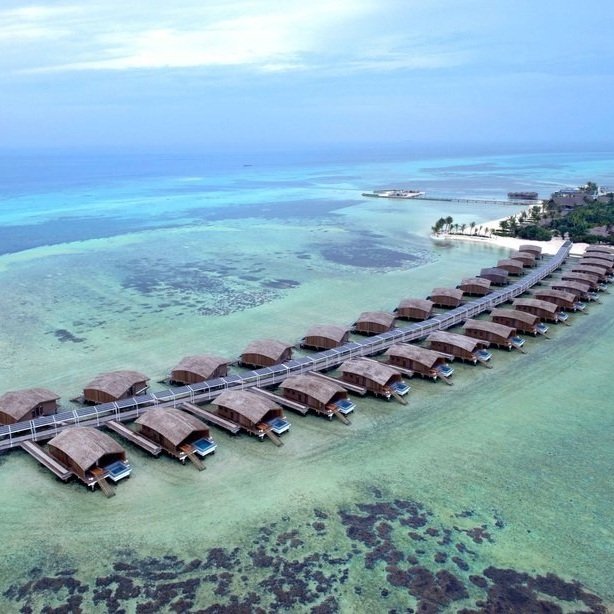
The Race to Net Zero: Clean Energy Transition Challenges and Strategies for Hotels
Reducing carbon emissions is the number one remedy to fight climate change. With the energy sector accounting for over 70% of global carbon emissions, it is important to address this head-on.
A recent study by the International Tourism Partnership suggests that the global hospitality industry must decrease emissions by 66 percent by 2030 to limit global warming to no more than two degrees Celsius, which is the threshold as outlined in the Paris Climate Accords.

